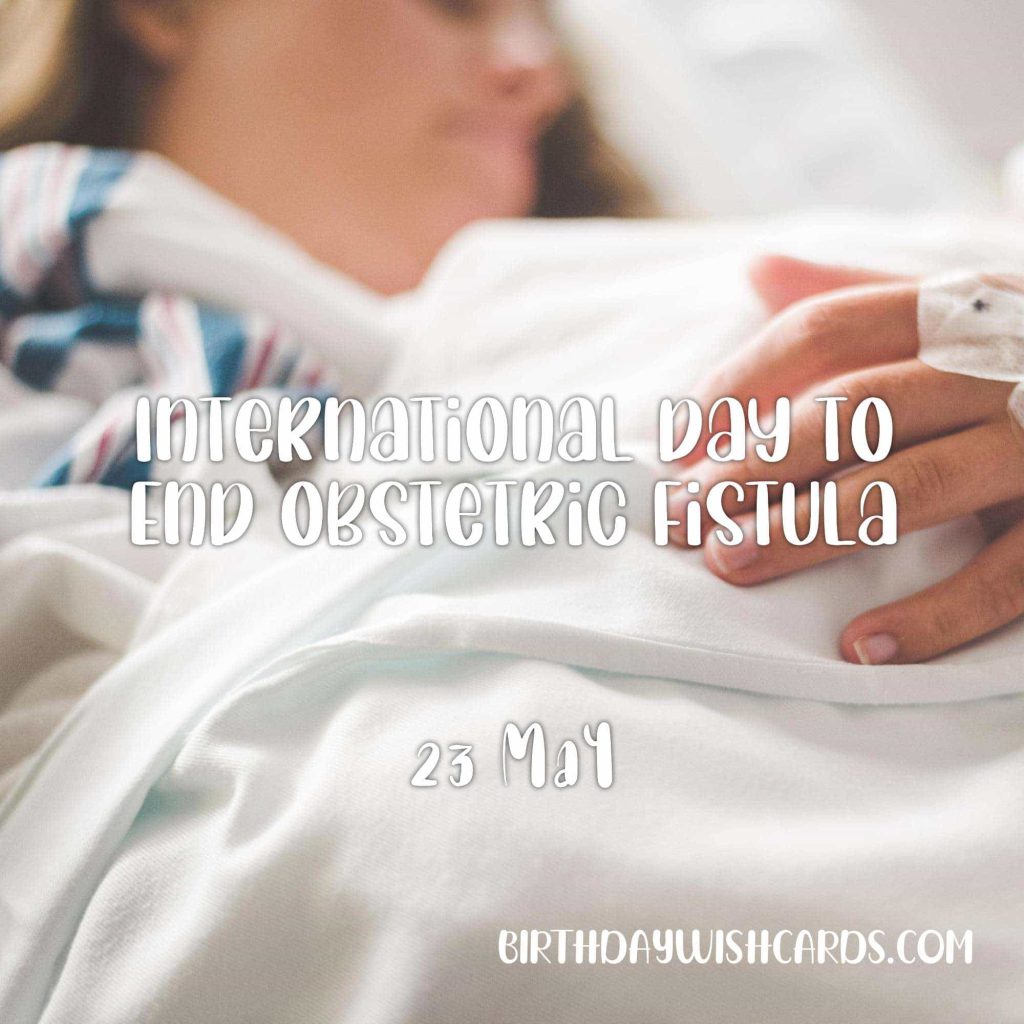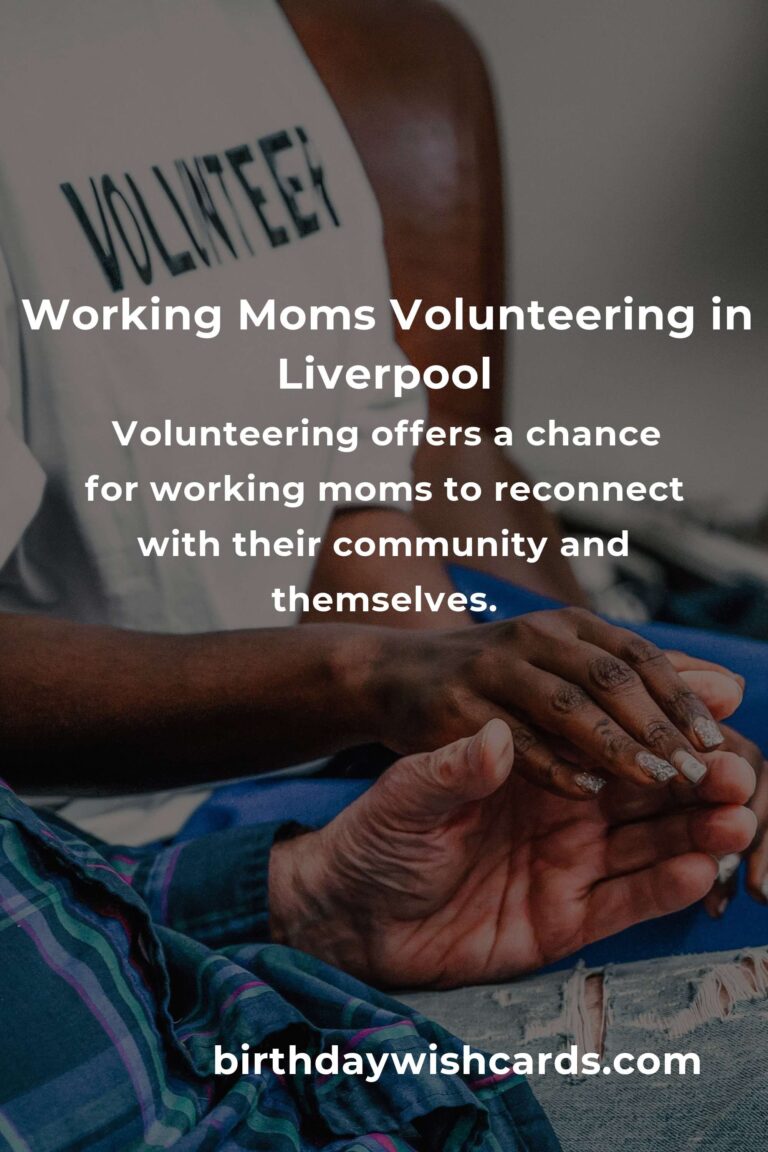
23 May: International Day to End Obstetric Fistula
Origins of the International Day to End Obstetric Fistula
The United Nations Population Fund (UNFPA) was instrumental in establishing the International Day to End Obstetric Fistula, observed annually on 23 May. This day was designated following a UNFPA-backed resolution that underscored the urgent need to eradicate obstetric fistula worldwide. The resolution drew attention to the plight of hundreds of thousands of women living with this debilitating condition.
Since its inception in 2013, the International Day to End Obstetric Fistula has served as a platform to raise awareness, mobilize resources, and inspire global action to eliminate obstetric fistula and improve maternal health.
What Is Obstetric Fistula?
Obstetric fistula is a devastating childbirth injury that primarily affects women in low-resource settings. It is caused by prolonged, obstructed labor without timely medical intervention, such as a cesarean section. The sustained pressure during labor cuts off blood flow, resulting in tissue death and the formation of a hole (fistula) between the birth canal and the bladder or rectum.
This condition leads to incontinence of urine and/or feces, causing severe physical and social consequences. Women living with obstetric fistula often experience infections, chronic pain, and other health complications. The stigma associated with incontinence can result in social isolation, discrimination, and abandonment by families and communities.
The Role of UNFPA in Ending Obstetric Fistula
UNFPA leads global efforts to eliminate obstetric fistula. Ahead of the International Day to End Obstetric Fistula, UNFPA coauthored a commentary in The Lancet Global Health highlighting the critical need for skilled care at birth. This includes emergency obstetric and newborn care, as well as safe surgical interventions to prevent and treat conditions like obstetric fistula and stillbirths.
The commentary draws on findings from the Lancet Commission on High Quality Health Systems in the Sustainable Development Goals (SDG) era and the Lancet Commission on Global Surgery. It emphasizes that ensuring timely, high-quality, life-saving obstetric surgical care—whether cesarean section or fistula repair—is both a fundamental human right and a key strategy for achieving the SDGs.
UNFPA’s comprehensive approach includes prevention, treatment, and reintegration, such as:
- Training healthcare providers in emergency obstetric care
- Increasing community awareness to reduce stigma and encourage early treatment
- Facilitating access to surgical repair services
- Supporting rehabilitation and social reintegration programs
Global Impact and Ongoing Challenges
Each year, an estimated 50,000 to 100,000 women worldwide develop obstetric fistula, with the highest prevalence in sub-Saharan Africa and parts of Asia. Despite progress in maternal healthcare, many women still lack access to essential services due to poverty, geographic barriers, and inadequate health infrastructure.
The International Day to End Obstetric Fistula shines a spotlight on these challenges and mobilizes international support. Governments, NGOs, healthcare providers, and advocates collaborate on initiatives to strengthen maternal health systems, expand surgical capacity, and empower women through education and economic opportunities.
How You Can Help
Awareness and advocacy are vital in the fight against obstetric fistula. Here are ways individuals and organizations can make a difference:
- Support organizations that provide fistula repair surgeries and maternal health services
- Raise awareness through social media, community events, and educational programs
- Advocate for policies that improve access to quality maternal healthcare
- Donate to global health initiatives focused on maternal and newborn health
Visual Storytelling: Images Depicting Obstetric Fistula and Efforts to End It
The images below illustrate the human impact of obstetric fistula and the ongoing efforts to bring healing and hope to affected women:
Conclusion: Moving Toward a Fistula-Free World
The International Day to End Obstetric Fistula is a powerful reminder of the global commitment required to eradicate this preventable condition. By improving access to quality maternal healthcare, expanding surgical capacity, and fostering community support, we can ensure that no woman suffers the devastating consequences of obstetric fistula.
To learn more about obstetric fistula, its prevention, and treatment, visit the UNFPA Obstetric Fistula page and explore resources from the World Health Organization on Obstetric Fistula.



